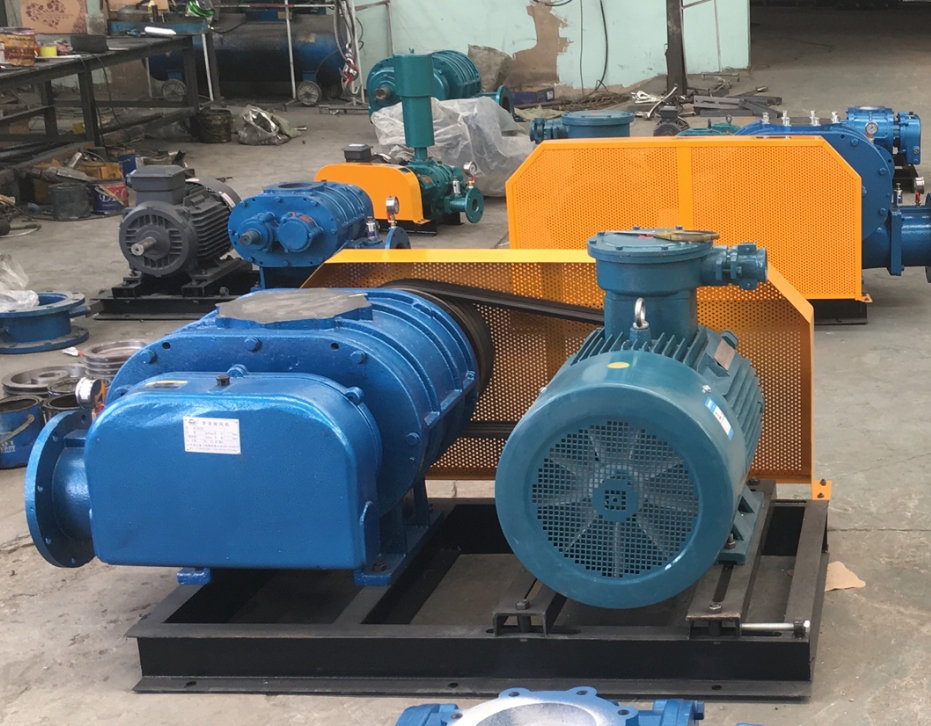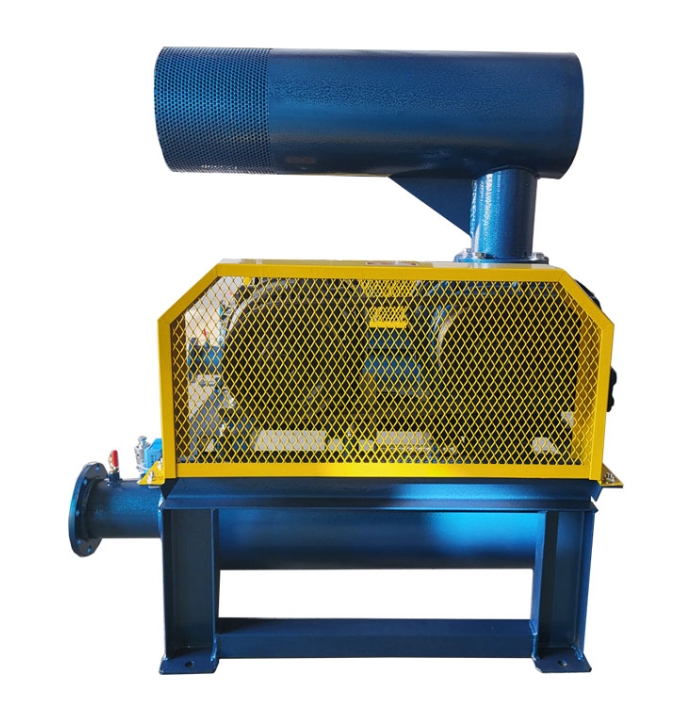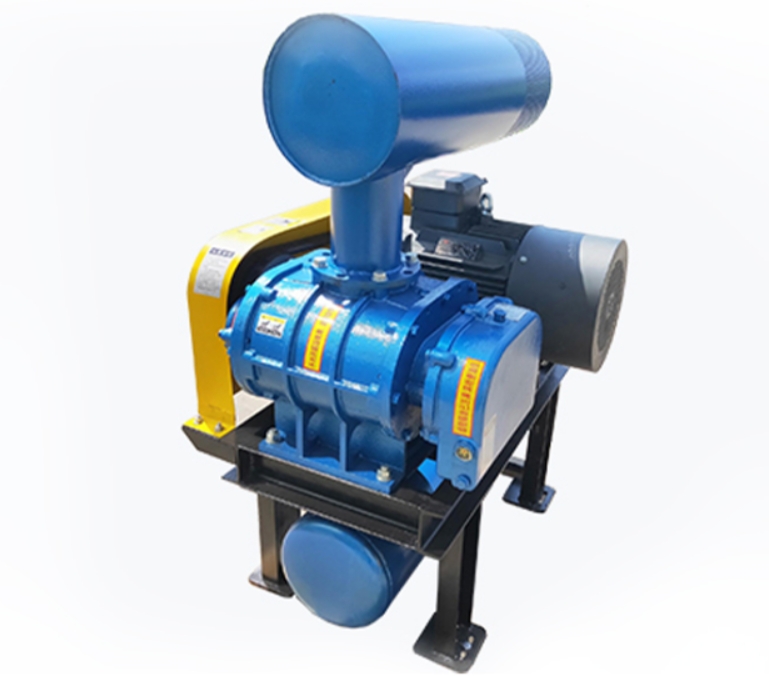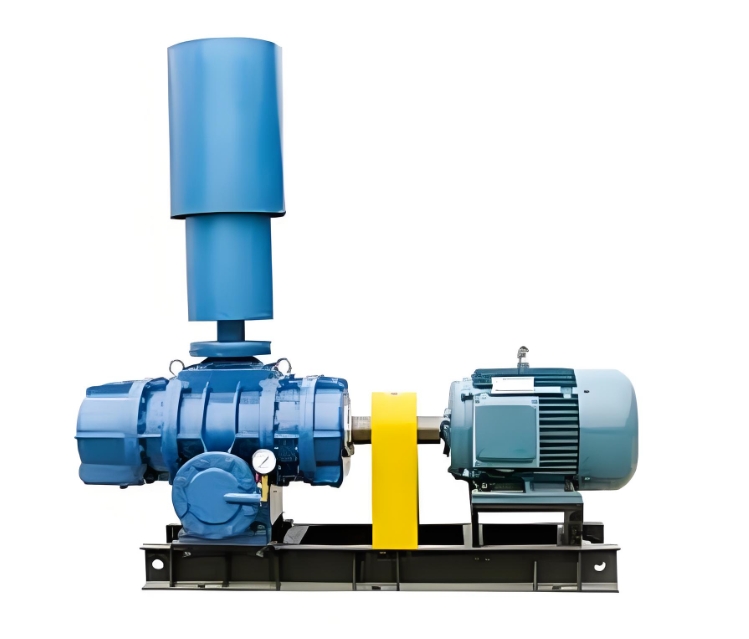The Roots blower for pneumatic conveying of fly ash in power plants is a material conveying equipment, and its design and application are crucial for the treatment of fly ash in power plants. The following is a detailed analysis of the design and application of Roots blowers for pneumatic conveying of fly ash in power plants:

1、 Design Features
1. Structural composition: Roots blower mainly consists of a casing, main and auxiliary rotors, etc. Among them, the rotor is made of wear-resistant materials to ensure durability and stability when transporting granular materials such as fly ash.
2. Working principle: Roots blower compresses and delivers gas through the relative motion of two blade rotors in the cylinder. When the rotor rotates, the volume of space between the two rotors and between the rotor and the casing will periodically change, resulting in negative pressure suction of gas and positive pressure discharge of gas. This design enables it to stably transport various powders and granular materials, including fly ash.
3. Performance parameters:
Flow rate: Determine the flow rate of the Roots blower based on the amount of fly ash transported by the power plant. Usually, the flow should have a margin to meet the potential expansion needs of the system in the future.
Boosting: The boosting of Roots blower should be balanced with the pressure drop of the system, leaving a margin. The specific value of boost should be determined based on actual operating conditions.
Wear resistance and sealing performance: Due to the possibility of particulate matter in fly ash, Roots blowers should have good wear resistance and sealing performance to prevent material leakage and fan wear.
2、 Application advantages
1. Stability: The Roots blower operates smoothly and can provide continuous and stable airflow, which is crucial for the transportation of powdery materials such as fly ash. It can ensure the uniformity and stability of materials during the conveying process, and improve conveying efficiency.
2. Energy saving: Compared with traditional mechanical conveying methods, pneumatic conveying generates less dust pollution. Meanwhile, as a power source, Roots blowers have relatively low energy consumption, which helps to reduce the operating costs of power plants.
3. Flexible adaptation: The pneumatic conveying system can adapt to different conveying distances and heights, and is not limited by terrain during the conveying process. This makes the Roots blower more flexible in the transportation of fly ash in power plants.
3、 Application precautions
1. Selection and matching: When selecting, comprehensive consideration should be given to factors such as the material properties, transportation distance and volume, and pipeline layout of the power plant's fly ash. Ensure that the performance parameters of the selected Roots blower match the actual requirements.
2. Regular maintenance: Regular inspection and maintenance of Roots blowers are key to ensuring their performance and extending their service life. Regularly clean the dust and debris inside the fan, check the wear of the rotor and casing, and replace severely worn components in a timely manner.
3. Operation: During operation, the operating status of the Roots blower should be closely monitored. If there are any abnormal sounds, vibrations, or temperature increases, the machine should be stopped immediately for inspection and troubleshooting.
In summary, the Roots blower for pneumatic conveying of fly ash in power plants has advantages such as stability, energy saving, and flexible adaptability. In the design and application process, attention should be paid to issues related to its structural composition, working principle, and performance parameters, and corresponding measures should be taken to ensure its stable operation.






